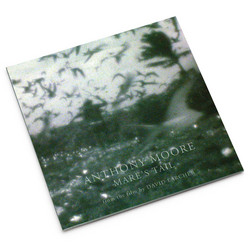Anthony Moore
Founded during the mid 1990s, over the decades the London based imprint, Paradigm Discs, has displayed a deep dedication to the under celebrated shadows of experimental and avant-garde music, issuing a slow, carefully constructed trickle of archival releases and reissues by Pauline Oliveros, Daphne Oram, Max Eastley, Trevor Wishart, Gentle Fire, and a great many more. The label’s latest, “Mare's Tail”, by the legendary British experimental musician and composer, Anthony Moore, is a perfect illumination of what the label is all about. The first ever release of Moore’s incredible soundtrack for David Larcher’s seminal 1969 film, “Mare’s Tail”, this incredible body of sonority - drawing upon a palette of acoustic instrumentation, noise, feedback, field recordings, and samples - is strikingly ahead of its time, unlocking access to a crucial dimension of Moore’s practice at one of the earliest junctures of his remarkable career. Issued as a beautifully produced vinyl LP, in a hand-numbered edition of 500 copies with a large format insert, this is one of the most radically ahead of its time and deeply engaging releases we’ve heard all year.
British experimental musician and composer, Anthony Moore, has, for roughly half a century, carved an unexpected path through the wilder territories of organized sound. A student of Indian Classical music, who founded the legendary ensemble, Slapp Happy, worked with Henry Cow, Kevin Ayers, and Pink Floyd, the quiet build of his legend grew from two albums produced for Polydor - “Pieces from The Cloudland Ballroom”, from 1971, and “Secrets of the Blue Bag”, issued the following year - created while he resided in Hamburg, Germany. Produced by legendary Uwe Nettelbeck and featuring Faust members, they occupy a distinct place within the minimalist tradition, and earned coveted spots on the second instalment of Alan Licht’s Minimal Top Ten series, sending collectors scrambling through bins for scarce copies.
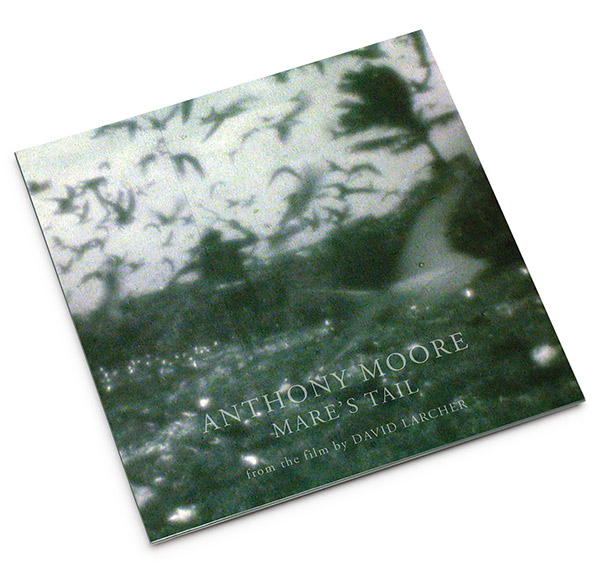
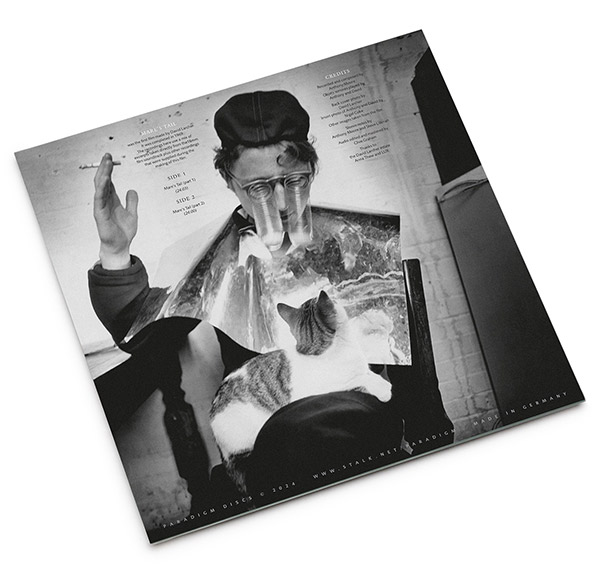
Of all the members of his generation, Moore has remained among the most ambitious and difficult to nail down, consistently creating explicitly experimental works like “Reed Whistle and Sticks” (1972) “CSound & Saz” (2022), while also flirting with the popular realm, most notably through a series of records released between 1976 and 1984, in addition to his work in Slapp Happy and other projects. Paradigm Discs release of the composer’s soundtrack for David Larcher’s seminal 1969 film, “Mare’s Tail” - particularly in its being among his earliest efforts - helps to centre the more radical aspects of his practice as a foundational and consistently guiding force.
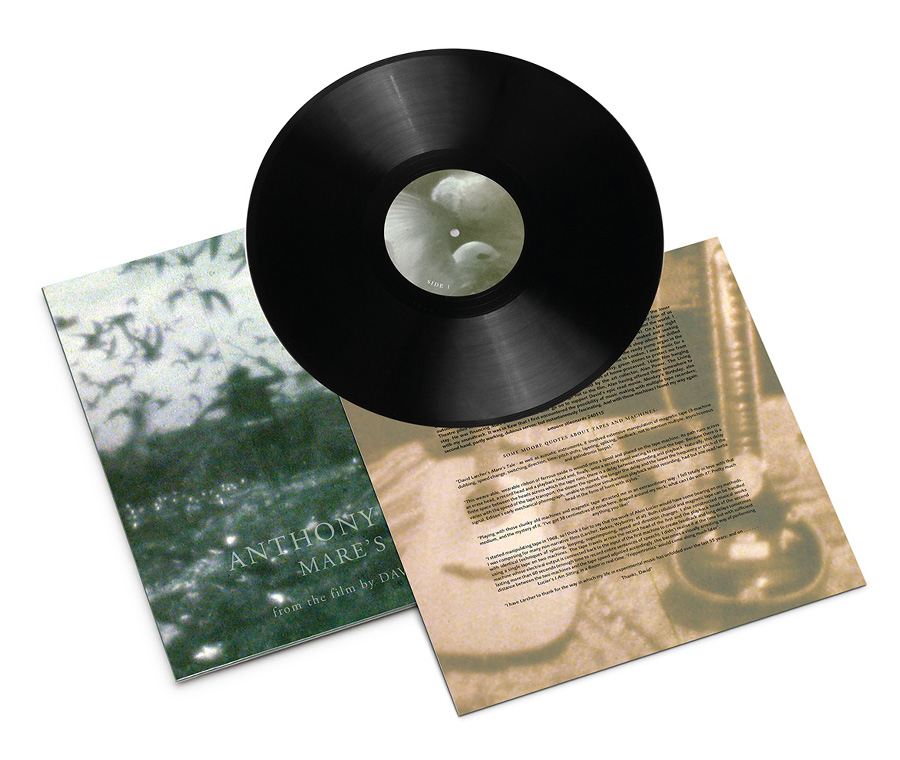
Moore and Larcher belonged to the same generation of radical English artists who emerged during the second half of the 1960s. While working in fields - music and film, respectively - both drew heavily upon avant garde ideas and practices, utilising new and developing technologies as central forces within their work. Their first effort together, 1969’s “Mare’s Tail”, was, by all indications, a perfectly intertwined collaboration: Larcher delving into the meanings and possibilities of film itself, with Moore creating a sonic counterpart to the images by testing the limits of what could be done with a tape recorder in open and co-operative exploration. The totality of the result is a two and half hours, non linear multi layered audio visual collage filmed in a wide variety of locations interspersed with texts coming from readings and talks, Kabalistic texts, recorded phone calls, loops, children’s voices, and other found material. Berlinale Forum would subsequently state: “dual and multiple meanings are a recurring motif in the film, as is the desire to decipher the foundational structures of cinematic perception. There is a fascination for the psychedelic expansion of consciousness and for the complex web of relationships between experience and memory - the film can be read as both a hippie-esque, elliptical diary film as well as an encyclopaedia of experimental image systems.”
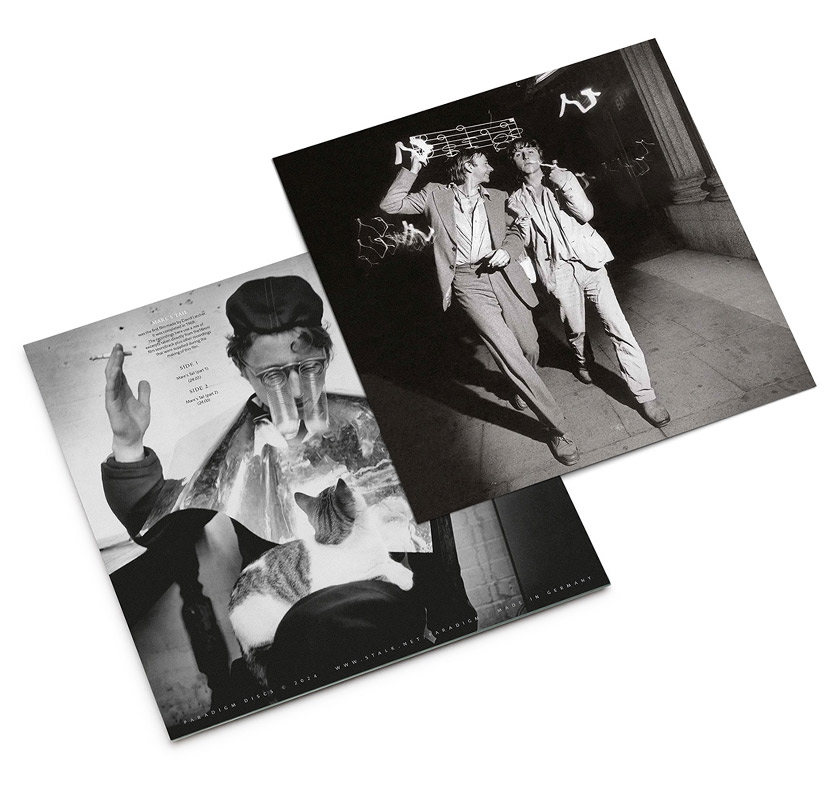
While Moore’s soundtrack for “Mare’s Tail” was created in full symbiosis with the image counterpart, and has never before been released despite more than half a century having passed since its recording, it unquestionably stands on its own. In many ways, there is an argument that its liberation from the context of film allows us to fully appreciate its remarkable achievements and engrossing qualities. In preparation for the album’s release, Moore also contributed pieces that didn’t make the final cut of the film. Drawing upon a palette of acoustic instrumentation, noise, feedback, field recordings, and samples, the album unfurls as a single, continuous piece across its two sides. Covering a remarkable amount of ground as it progresses, “Mare’s Tail” is an incredibly difficult work to describe concisely. A sprawling and visionary piece of ambient abstraction, intertwining a strong sense of space with shattered tape fragments, processing, instrumental interventions, found sounds, and underpinned by drone gloom that’s continuously peppered by glimmers of imagism, in countless ways, while feeling entirely of its moment - “laden with late '60s delirium” - the newly hour long composition is astoundingly considered and balanced and feels decades ahead of its time.
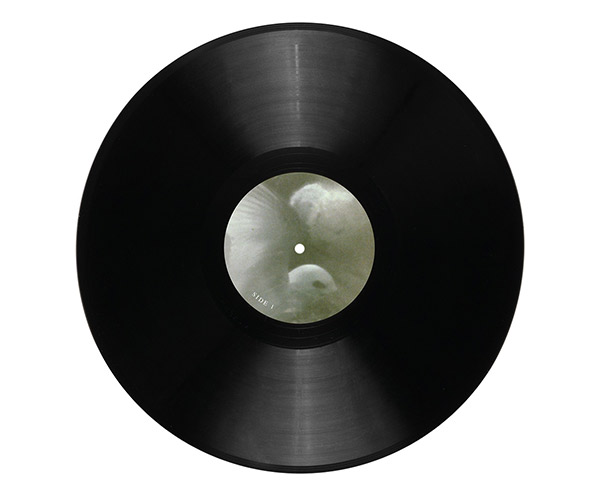
A true marvel of towering historical importance, not to mention a crucial window into a vibrant moment of cross-disciplinary experimentation in Great Britain, Anthony Moore’s “Mare's Tail” is nothing short of a creative wonder of the late 1960s avant-garde that’s been laying in wait for decades. Yet another proof of the composer’s significance in the present and the past, “Mare's Tail” is issued by Paradigm Discs as a beautifully produced vinyl LP, in a hand-numbered edition of 500 copies with a large format insert, and not to be missed. It’s totally blown us away.

